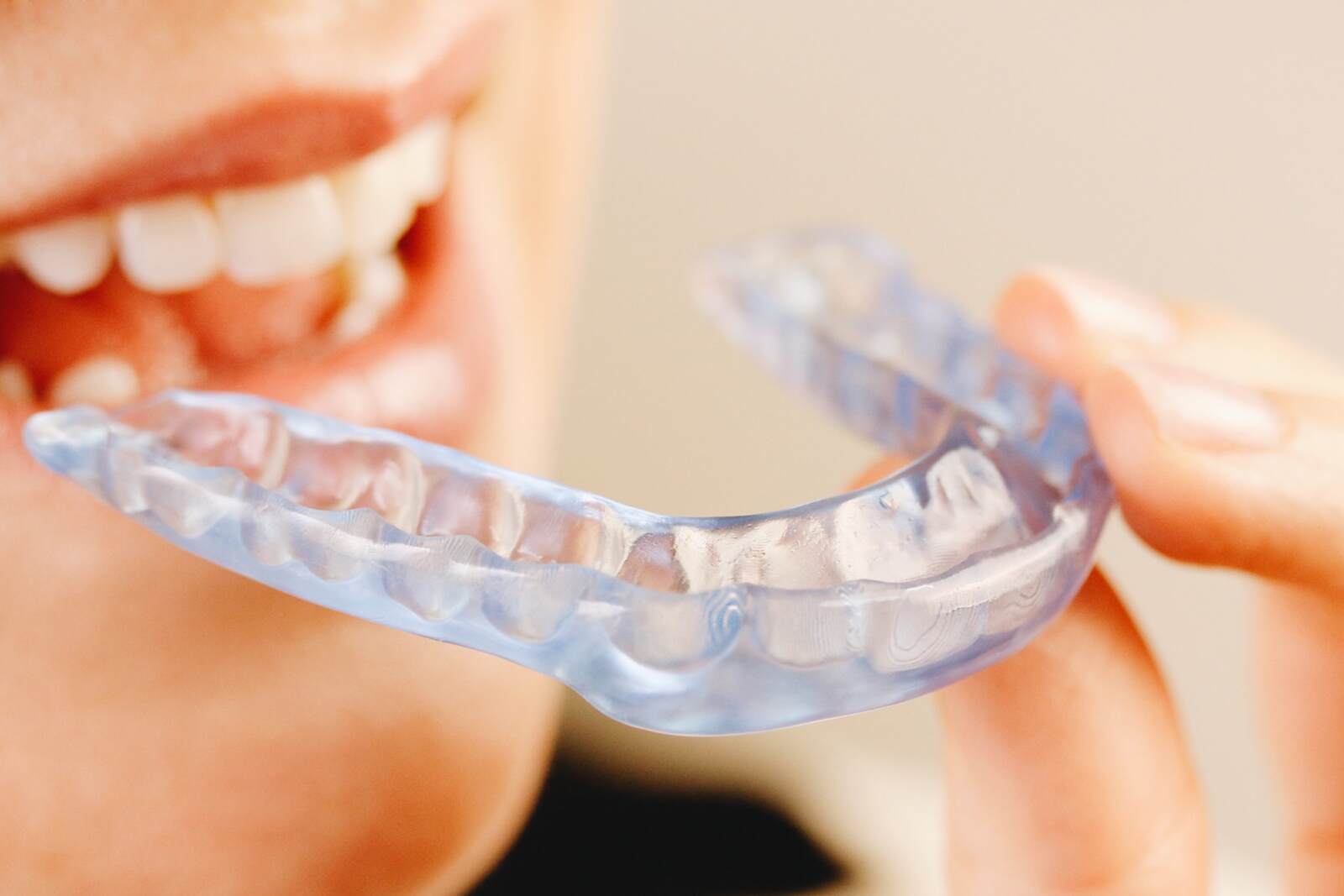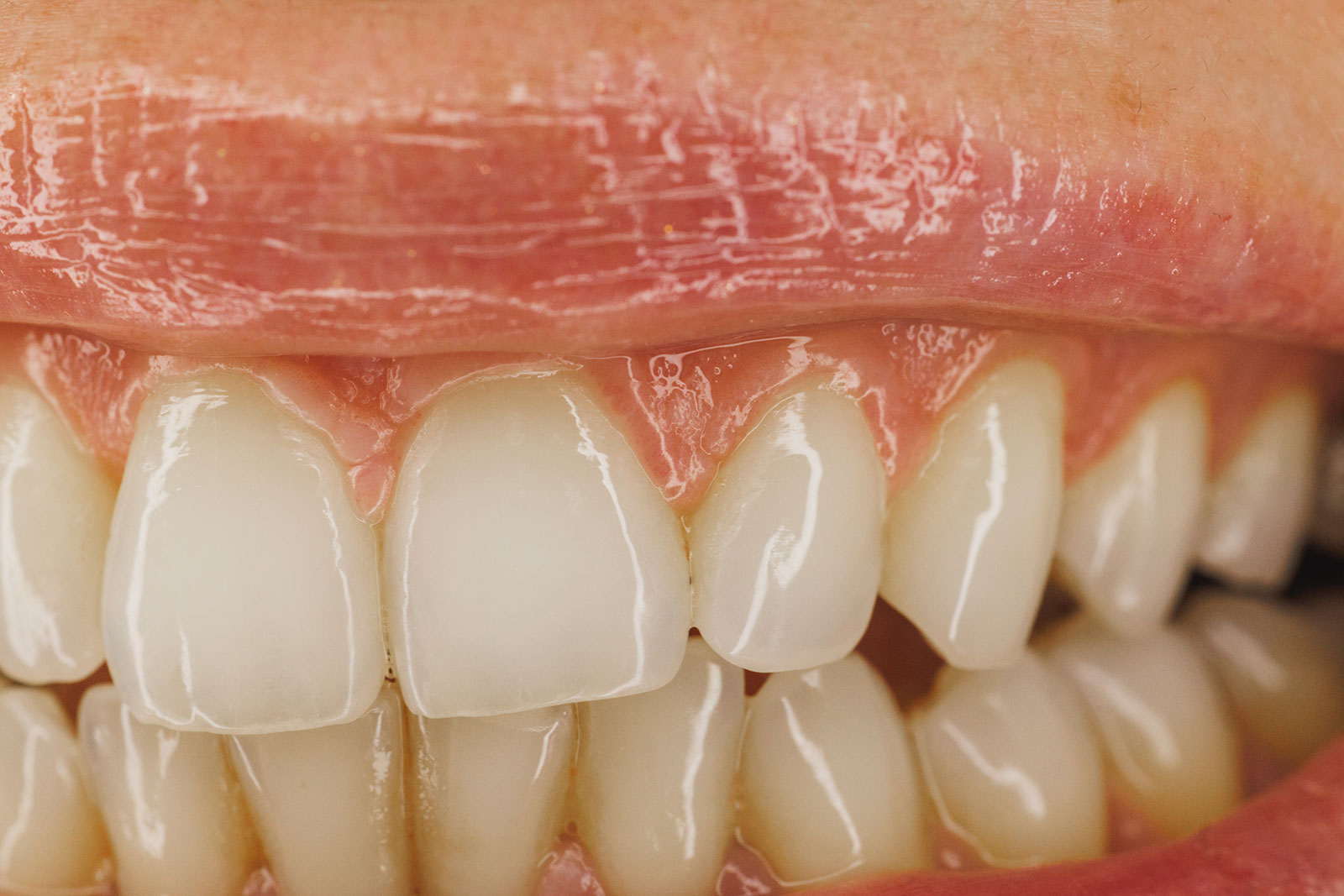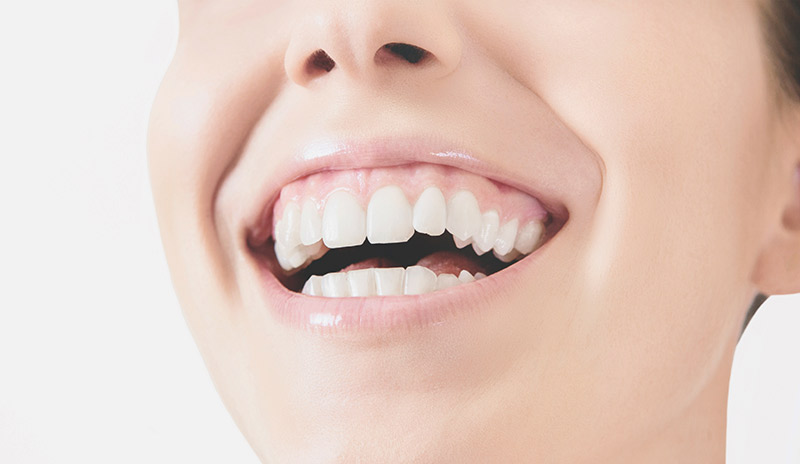Have you lost a tooth and feel self-conscious when you smile? Don’t worry: you can regain your confidence with dental implants. Dental implants are metal attachments that are surgically inserted into the jawbones, beneath the gums. Once they are in place, the dentist can attach crowns or fixed bridges to replace the teeth you have lost.
Previously, the only solutions available for tooth loss were bridges or dentures. Today, the best option for replacing missing teeth is dental implants.
If you need a dental implant or are about to begin treatment, keep reading: this post is of interest to you! At Oris Dental Clinic we’ll tell you everything you need to know about the dental implant procedure.
The dental implant procedure
The first step is the consultation. Before starting the treatment, the implant dentistry specialist will thoroughly examine your mouth and the condition of your lower jaw (mandible) and teeth, in order to determine whether dental implants are a suitable option for you. After the oral examination, the next step is to draw up the treatment plan.
In order to receive the implants, your gums must be healthy and the bone must be in good condition in order to be able to support the implant. Moreover, you must commit to keeping the gums and bone healthy. Meticulous oral hygiene and regular visits to the dentist are essential to making sure the dental implants are successful in the long term.
Next, the dentist will insert a dental implant in the space left by the missing tooth, where it will fuse with the jawbone and gum tissue. This process is called osseointegration. The opening in the gum tissue is then closed using stitches.
The next step consists of attaching the abutment and making a mold. The temporary cap is replaced by the abutment, which is the part that connects the crown or bridge to the implant. At the same time, the dentist will make a mold, which will be used to fabricate the definitive crown or bridge.
During the final stage of the procedure, the crown is attached to the abutment. The comfort and aesthetic qualities of the crown will be monitored and any necessary adjustments will be made in order to ensure maximum comfort and wellbeing for the patient.
Types of dental implant
It should be noted that there are two types of implant. The specialist will determine the most suitable option for each case:
- Osseointegrated implants. These implants are surgically inserted directly into the jawbone. Once the surrounding tissue has healed, a second surgical procedure is required in order to connect the abutment to the original implant. Lastly, one (or more) artificial teeth are attached to the abutment. The teeth can be individual or grouped to form a bridge or fixed prosthesis.
- Subperiosteal implant. This is a type of frame that is placed onto the jawbone just below the gums. As the gums heal over, the frame becomes affixed to the bone. As with the endosteal (osseointegrated) implants, the abutments protrude from the gums, allowing the artificial teeth to be attached.
The progress of the dental implant
The affected tissue can take 3-6 months to heal. It is normal to feel some discomfort after surgery: you may notice contusions in the gums, swelling of the gums and face, slight bleeding and mild pain in the site of the implant.
To help the healing process, you should only eat soft foods for a while after the surgery, and keep an ice-pack to hand in order to alleviate any inflammation.
Additionally, it is important that you maintain good oral hygiene in order to protect the implant. In other words: floss every day and brush your teeth at least twice a day.
The benefits of dental implants
- Aesthetics. Thanks to the use of 100% ceramic crowns, your dentist can select the tone that best matches the color of the neighboring teeth. Moreover, once they are fully healed, the dental implants will play the same role as the natural roots and you will not notice their presence.
- Prevention of bone loss. When you lose a tooth, the jawbone tends to deteriorate. Dental implants stimulate the jawbone and help to prevent it from deteriorating.
- Preservation of the neighboring teeth. Unlike a dental bridge, an implant does not rest on the neighboring teeth or exert any kind of pressure on them.
- High success rate. The success rate of dental implants is around 98%. Nowadays, there are no limits placed on their useful life, and if they are maintained correctly they can last a lifetime.
Thanks to the ongoing technological progress in the field of dental aesthetics, more patients than ever are opting for this treatment. At Oris Dental Clinic, located in the heart of the neighborhood of Les Corts in Barcelona, our implant dentistry specialists will be able to advise you on the best solution to ensure your wellbeing.
Artículos relacionados
Comprehensive oral health, Restorative dentistry
Aesthetic dentistry, Comprehensive oral health






